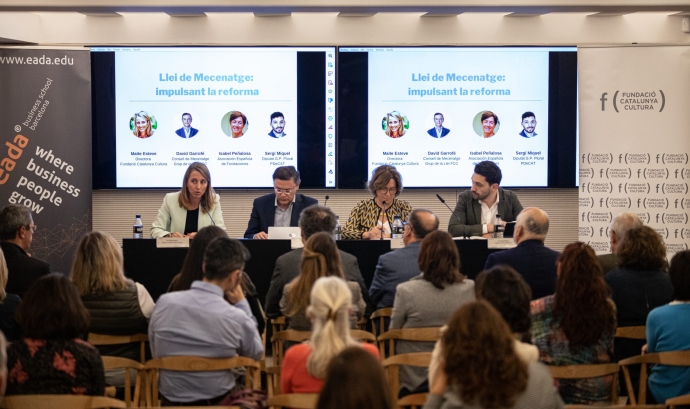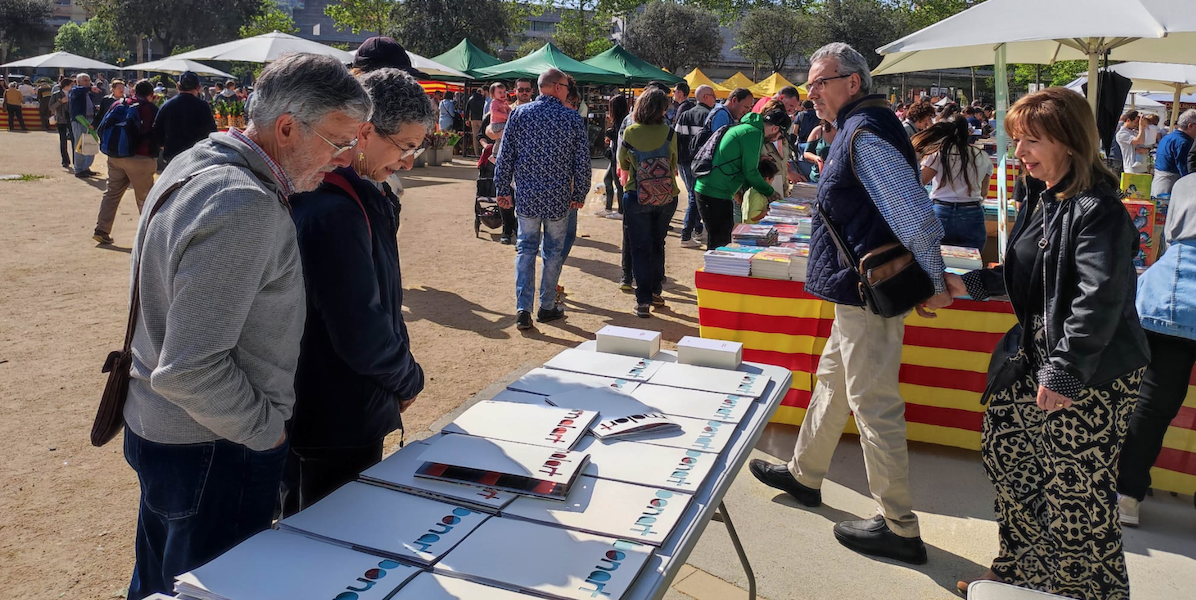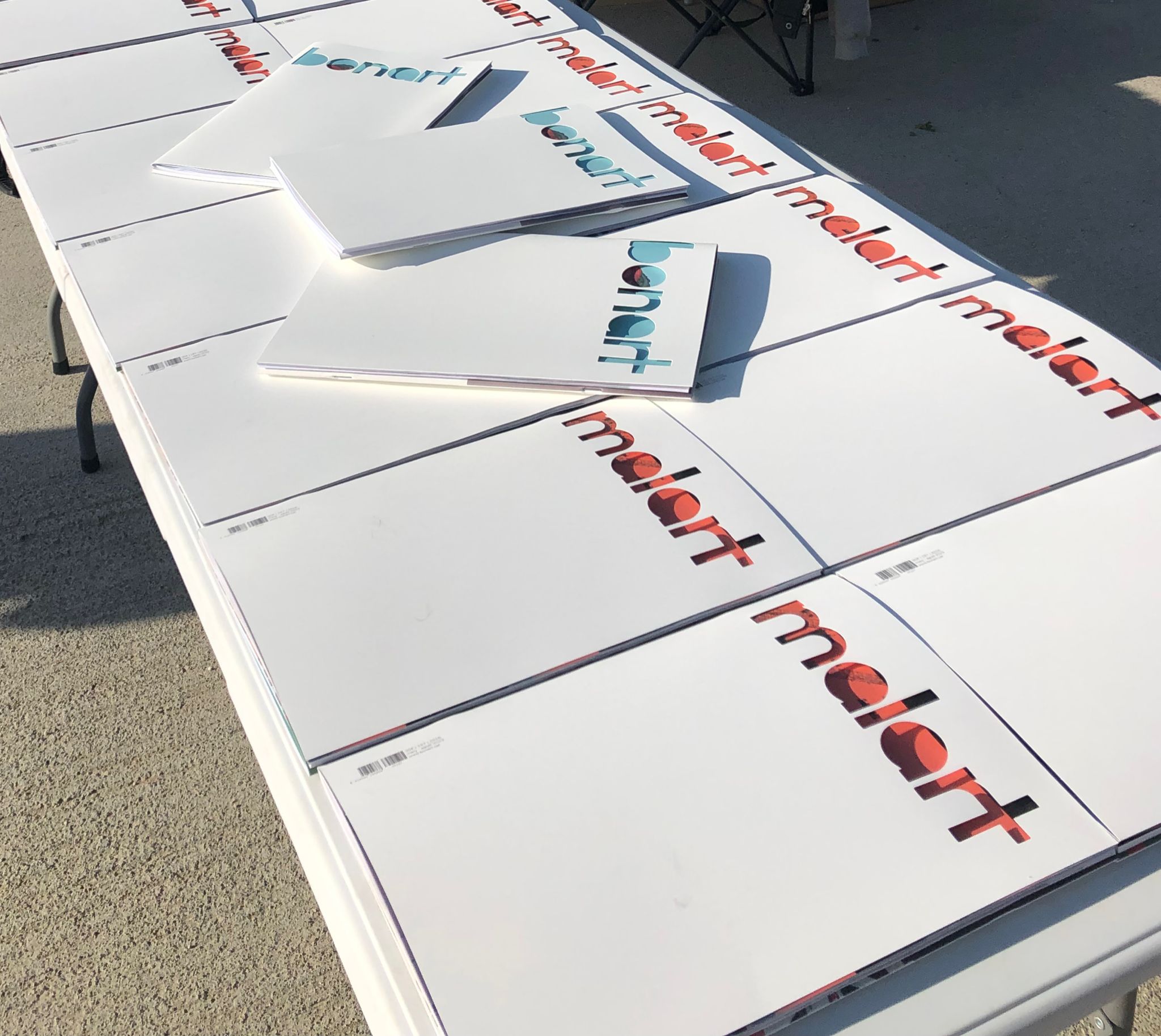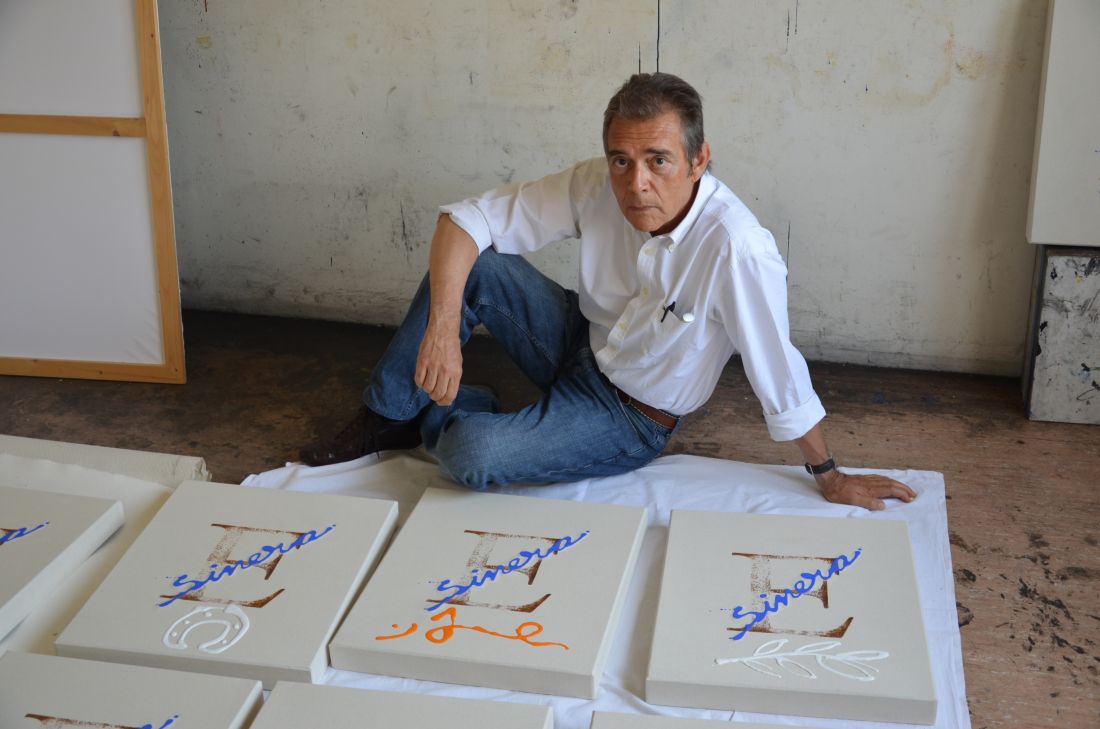Exhibitions
El MACBA presents "Corpus Infinitum" by Denise Ferreira da Silva
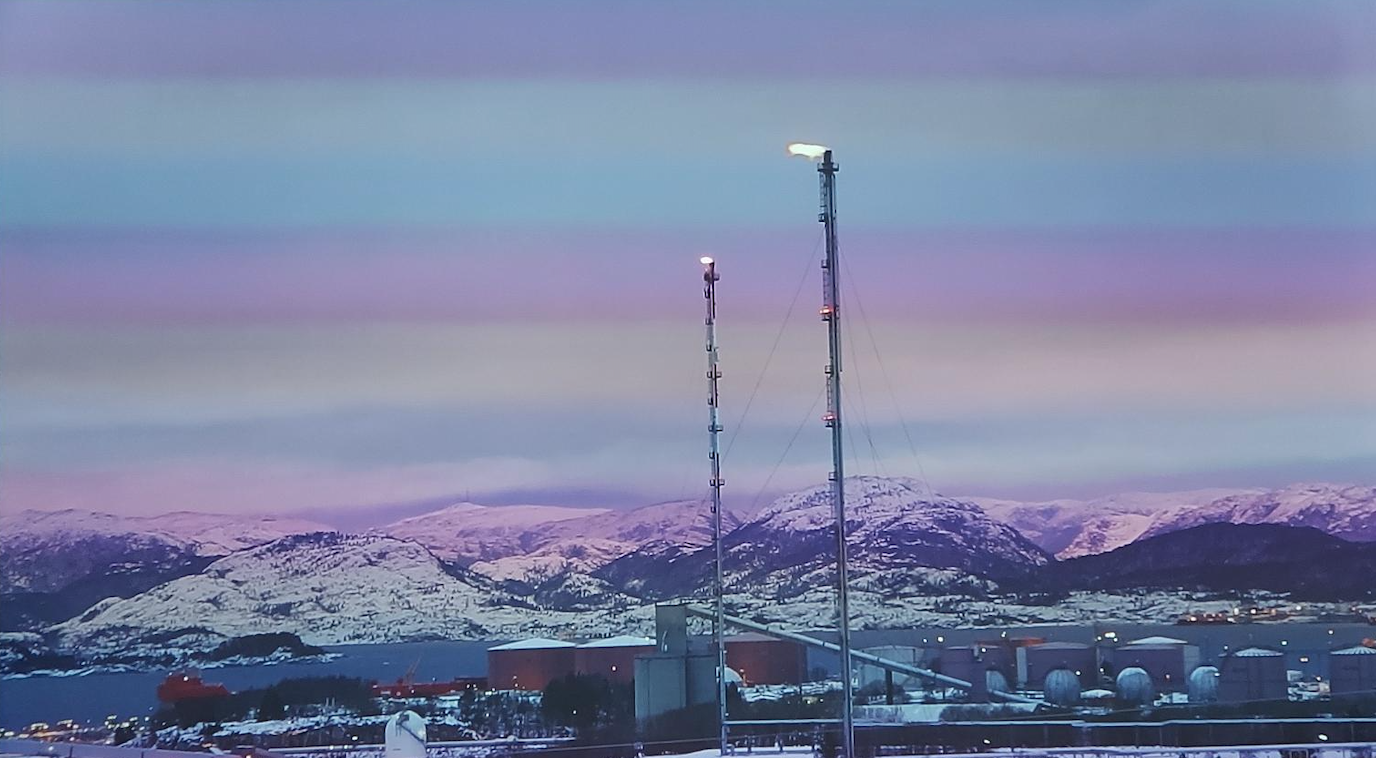
The MACBA presents, from April 28 to September 25, Corpus Infinitum by Denise Ferreira da Silva and Arjuna Neuman. The exhibition brings together installations from the three films that Ferreira da Silva and Neuman have made together to date: Serpent Rain (2016), 4 Waters / Deep Implicancy (2019) and Soot Breath // Corpus Infinitum (2020), as well as different related files.
Ferreira da Silva and Neuman's films propose to imagine other ways of knowledge production across cultures, time, space and form, and prioritize global issues such as migration, displacement, the legacy of colonialism and ecological devastation.

The work of Ferreira da Silva and Neuman is built from the combined research of individual creators, philosophers and artists, and from the planetary vision of the world that Ferreira da Silva has as a whole or a plenum, a corpus infinitum, a terrain complex in which the human, geological, bacteriological and meteorological environments do not constitute independent forms and phenomena. As experiments in interweaving and new ways for "thinking the world", the work of Ferreira da Silva and Neuman proposes alternatives to the destructive consequences of Western knowledge derived from modernity. What does it mean to mess up western thinking? What other systems of knowledge can we learn, grasp or relearn? The work criticizes the long persistence of systematic colonial and capitalist structures, questioning their effect on ecology, forms of extractivism, territory, slavery -historical and in the present-, sovereignty and migration.
In these films, the composition and decomposition of the world is structured through the four elements of nature. They are fractal compositions, which lie between the quantum universe, the organic, history and cosmology, drawing inspiration from the visual arts, sciences and philosophy. The works are a compendium of microscapes and macroscapes, of animation and archive images of a documentary nature, assembled according to references ranging from quantum mechanics to the blues, through various philosophies, through counter-hegemonic ways of knowing, through the classical physics, colonial theory and cartomancy.





